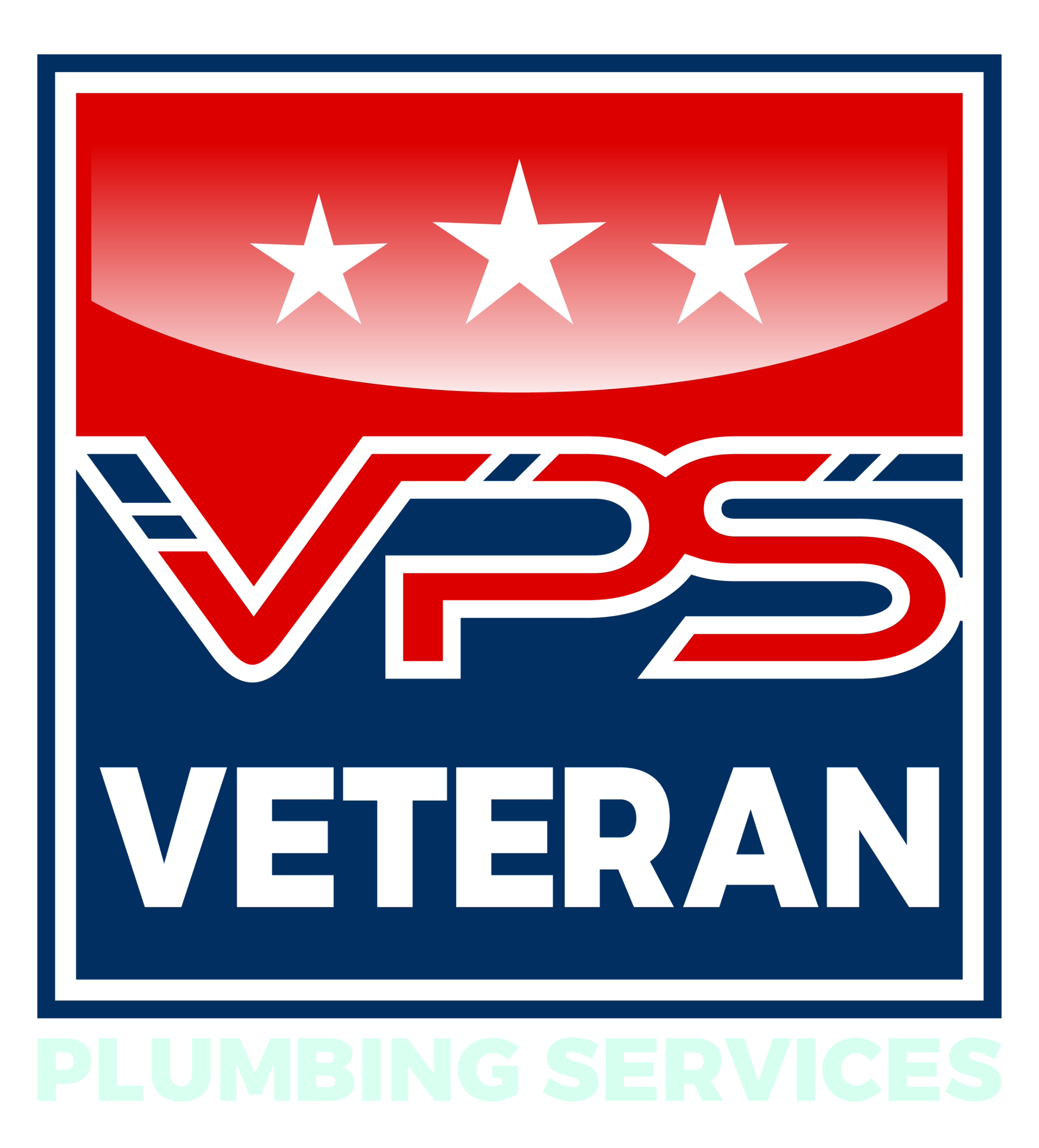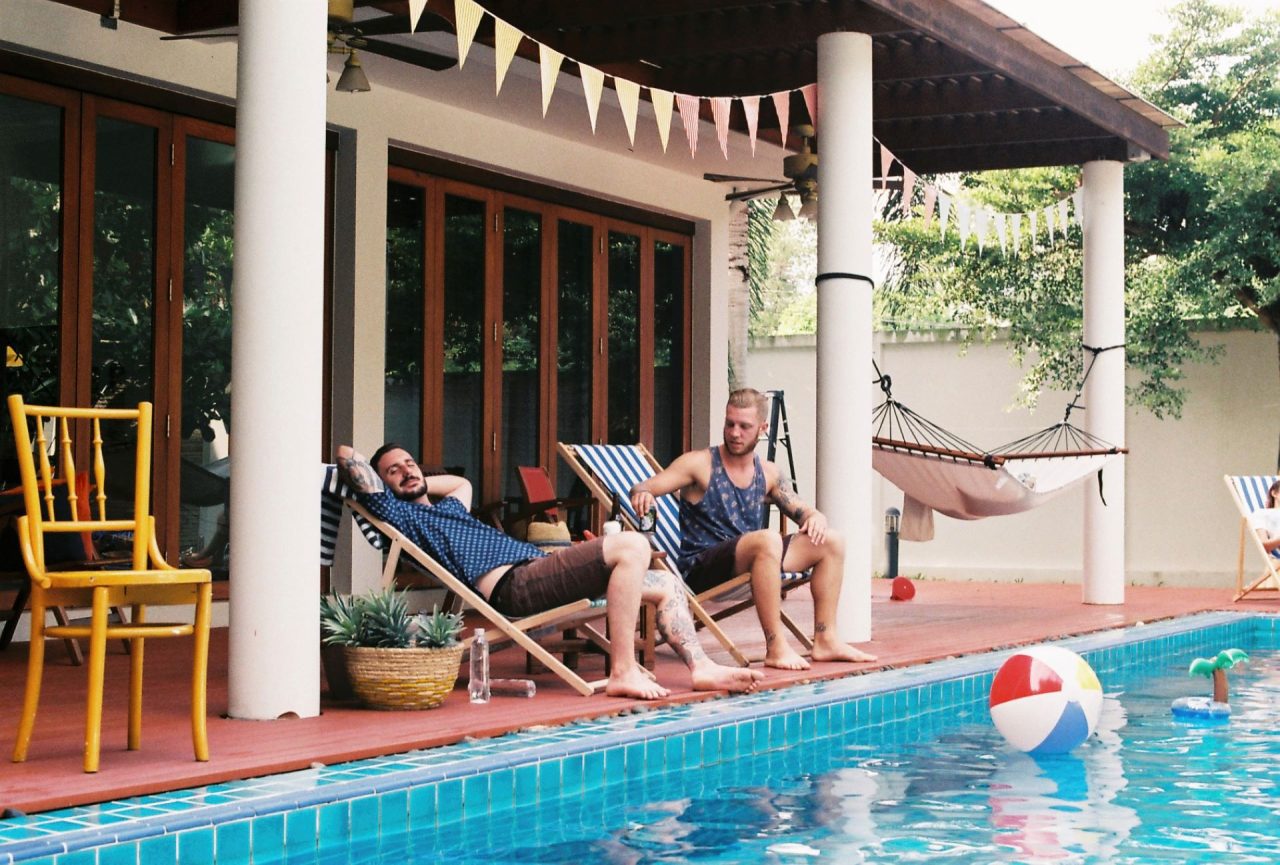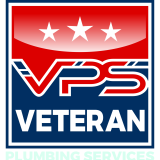Outdoor plumbing systems are an essential component of modern homes, providing essential services such as water supply and waste disposal. A well-designed and installed outdoor plumbing system ensures the smooth functioning of your property and enhances its value. In this article, we will discuss various aspects of outdoor plumbing systems installation by a professional plumber, including the importance of proper planning, types of outdoor plumbing systems, and tips to ensure efficient installation and maintenance.
Planning and Designing Outdoor Plumbing Systems
To ensure the successful installation of an outdoor plumbing system, it is crucial to plan and design the system carefully. This process involves considering factors such as:
- Property layout: Analyze the layout of your property, including the location of buildings, gardens, and other structures. This will help determine the most efficient and practical placement of pipes and fixtures.
- Water supply and drainage: Identify the source of your water supply and the location of your drainage system. This information is essential for designing an efficient plumbing system that provides adequate water supply and proper waste disposal.
- Local regulations: Familiarize yourself with local building codes and regulations to ensure that your outdoor plumbing system complies with all relevant requirements.
- Budget and materials: Determine your budget and choose high-quality materials that will ensure the longevity and efficiency of your outdoor plumbing system.
Types of Outdoor Plumbing Systems
There are various types of outdoor plumbing systems, each designed to serve specific purposes. Some of the most common systems include:
- Potable water supply systems: These systems provide clean, safe water for drinking, cooking, and other household uses. They include pipes, valves, and fixtures that connect your property to the main water supply.
- Drainage systems: Proper drainage is essential for preventing water damage and maintaining the structural integrity of your property. Drainage systems include gutters, downspouts, and underground pipes that direct excess water away from your property.
- Outdoor fixtures and appliances: These may include outdoor sinks, faucets, showers, and other fixtures, as well as appliances such as outdoor kitchens and barbecues. These systems require specialized plumbing connections and installations.
Installation and Maintenance Tips for Outdoor Plumbing Systems
A professional plumber can ensure the successful installation and maintenance of your outdoor plumbing system by following these tips:
- Hire a licensed plumber: It is essential to hire a licensed, experienced plumber who is familiar with local regulations and best practices for installing and maintaining outdoor plumbing systems.
- Use high-quality materials: Choose durable, corrosion-resistant materials that can withstand the elements and provide long-lasting performance.
- Ensure proper slope: Install pipes and drainage systems with the correct slope to facilitate the efficient flow of water and prevent pooling or standing water.
- Insulate pipes: Insulate exposed pipes to protect them from freezing and bursting during cold weather.
- Perform regular maintenance: Schedule regular inspections and maintenance to identify and address potential issues before they become more significant problems. This may include cleaning gutters and drains, checking for leaks, and adjusting irrigation systems as needed.
A well-designed and installed outdoor plumbing system is an essential component of a functional and valuable property. By understanding the importance of proper planning, the different types of outdoor plumbing systems, and the tips for ensuring efficient installation and maintenance, you can make informed decisions about your outdoor plumbing needs. By hiring a professional plumber, you can ensure the long-lasting performance and efficiency of your
outdoor plumbing system, enhancing the overall functionality and value of your property.
Choosing the Right Plumber for Your Outdoor Plumbing Needs
Selecting the right plumber is critical for the successful installation and maintenance of your outdoor plumbing system. Consider the following factors when choosing a professional plumber:
- Experience and expertise: Look for a plumber with a proven track record of successfully installing and maintaining outdoor plumbing systems. Their experience and expertise will ensure that your project is completed efficiently and according to industry standards.
- Licensing and insurance: Verify that the plumber is licensed and insured, as this will protect you from potential liabilities and ensure that they comply with local regulations.
- References and reviews: Ask for references from previous clients and read online reviews to gain insight into the plumber’s reputation and the quality of their work.
- Communication and professionalism: Choose a plumber who is responsive, communicates effectively, and demonstrates a high level of professionalism throughout the project.
- Transparent pricing: Obtain detailed, written estimates from multiple plumbers and compare their pricing to ensure that you receive a fair and competitive quote for your project.
Protecting Your Outdoor Plumbing System During Winter
Proper winterization of your outdoor plumbing system is essential to prevent damage caused by freezing temperatures. Follow these steps to protect your outdoor plumbing during winter:
- Drain the system: Drain all water from outdoor pipes, valves, and fixtures to prevent freezing and potential bursts.
- Insulate exposed pipes: Use pipe insulation, heat tape, or other insulating materials to protect exposed pipes from freezing temperatures.
- Shut off water supply: Turn off the water supply to outdoor fixtures and appliances during the winter months.
- Service your irrigation system: Winterize your irrigation system by draining water from sprinkler lines, shutting off the water supply, and insulating valves and other components.
- Regularly inspect your system: Inspect your outdoor plumbing system regularly throughout the winter months to identify and address any potential issues before they cause damage.
Summary
A well-planned and executed outdoor plumbing system installation by a professional plumber is crucial for the smooth functioning and value of your property. By understanding the various aspects of outdoor plumbing systems, choosing the right plumber, and taking steps to protect and maintain your system, you can ensure its long-lasting efficiency and performance.


